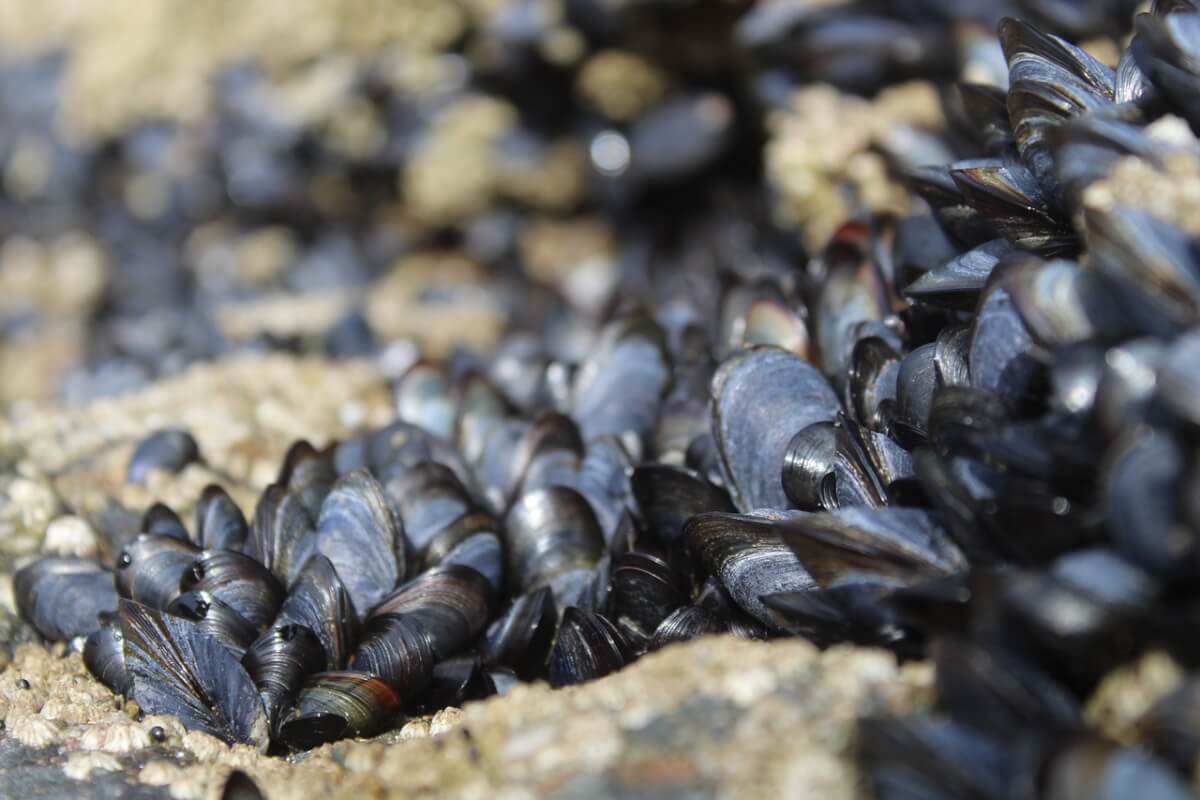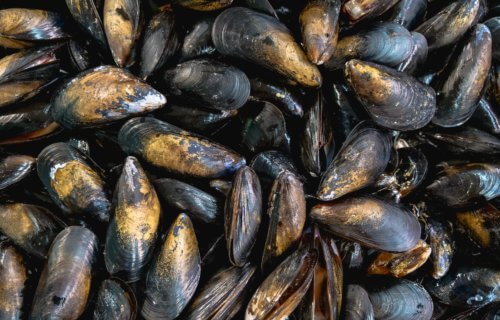🔑 Key Findings:
- An adhesive substance in mussels is helping to create a coating for joint implants.
- The coating would release antibiotics to stop infections after surgery.
- Scientists believe this may slow the growing threat of antibiotic-resistant superbugs.
POHANG, South Korea — Studies have shown that maintaining strong muscles into old age could be the key to a longer life. Now, scientists are showing that mussels in the sea could help keep our joints healthy enough for lifting weights well into old age. Running out to your favorite seafood restaurant and ordering the tasty shellfish won’t do the trick, however. Instead, it’s a special coating inspired by mussels that researchers are raving about.
Sedentary lifestyles and sports-related strains have caused a significant rise in degenerative arthritis among young adults, as there has been a nearly 23-percent increase in cases among individuals in their 20s and 30s from 2012 to 2022. As more people turn to artificial joint implants as a solution, the threat of bacterial infections post-surgery has become a pressing concern. However, this breakthrough study from South Korean researchers may offer a novel approach to combatting these infections.
The team from Pohang University of Science and Technology (POSTECH) and Kyungpook National University developed an innovative coating for implants that mimics the adhesive proteins found in mussels. This material is designed to release antibiotics specifically when a bacterial infection is present, potentially revolutionizing how infections related to implants are managed.
“The immediate and sustained antimicrobial effect of the adhesive implant coating material has the potential to significantly enhance the success rate of implant procedures,” says study lead author Hyung Joon Cha, a professor at POSTECH, in a university release.

Bacterial infections pose a significant risk to the success of implant surgeries, leading to complications and, in some cases, the need for additional surgeries due to the emergence of antibiotic-resistant bacteria. The conventional method of integrating antibiotics into implant coatings has faced challenges, including damage during the implant procedure and unintended antibiotic leakage.
The research focuses on DOPA, an amino acid pivotal to the mussel’s ability to adhere to surfaces through strong bonds with metal ions. The team discovered that DOPA’s bond with iron weakens in acidic conditions, which typically arise from bacterial infections. This insight led to the creation of a coating that retains antibiotics under normal conditions but releases them when the acidity increases due to an infection. Remarkably, the coating can release 70 percent of its antibiotics within eight hours of detecting an infection, effectively targeting and eliminating bacteria.
This mussel-inspired coating not only provides an immediate response to infections but also demonstrates durability and effectiveness during the critical bone regeneration phase following an implant, lasting approximately four weeks. The design ensures that the amount of antibiotics released is proportional to the severity of the infection, offering a targeted approach to preventing complications.

The bond between DOPA and iron ions proves to be exceptionally resistant to physical damage, maintaining its integrity and effectiveness even under the mechanical stresses of the implantation process. This resilience addresses one of the main challenges faced by previous antibiotic coating methods.
“By releasing antibiotics selectively in response to actual need, this could represent a groundbreaking technology in preventing the emergence of superbacteria in the future,” explains Yun Kee Jo, professor at Kyungpook National University.
The study authors received support from various government and private funding sources, including the Korea Health Technology R&D Project and POSCO Holdings.
The study is published in the journal Biomaterials.
